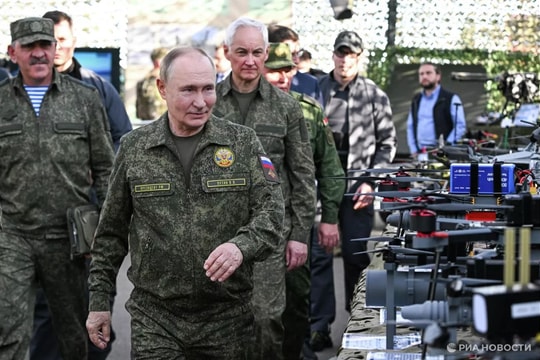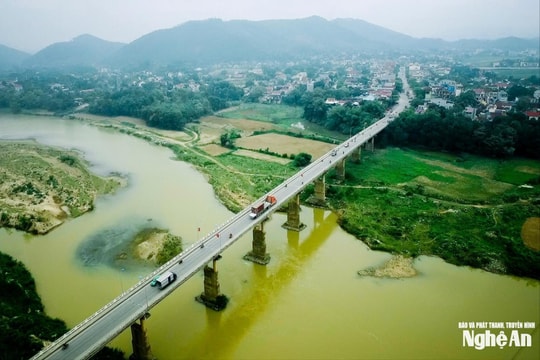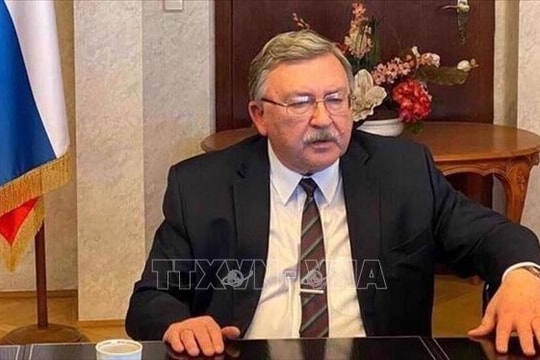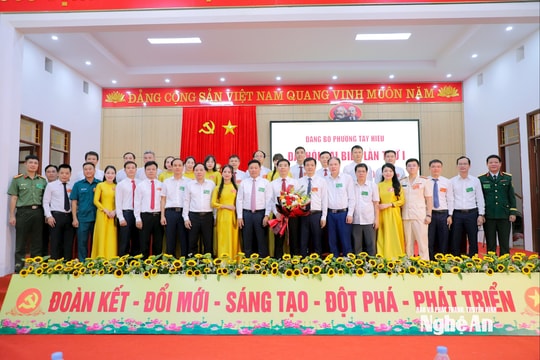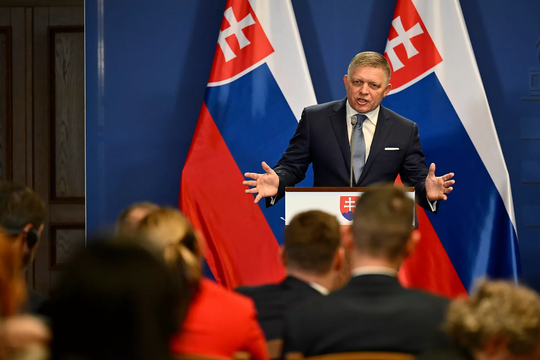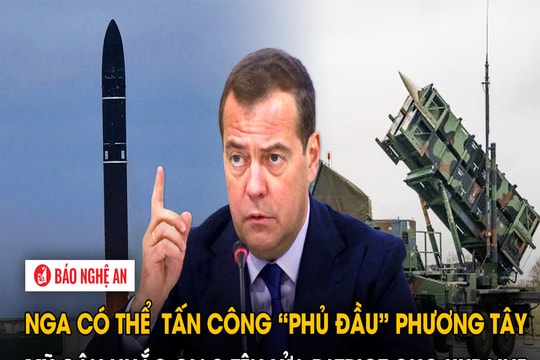The biggest obstacle standing in the way of the West implementing sanctions against Russia
The US itself has had to admit that any decision to tighten sanctions against Russia depends on China.
Any decision to tighten sanctions depends on China
Last month’s marathon six-day summit of Western nations – starting with the EU Summit, then the G7 and NATO Summits – has come to an end. At these meetings, Western nations showed solidarity against Russia and its military campaign in Ukraine. Even Turkey is now on the same page as other member states, agreeing on the admission of Sweden and Finland to NATO, as well as agreeing on the need to strengthen security on the alliance’s northern flank.
However, when it comes to relations with China, divisions have begun to grow within the Western alliance. Even though the focus of all three summits has been on the war in Ukraine and sanctions against Russia, the US itself has had to admit that any decision to tighten sanctions depends on China.
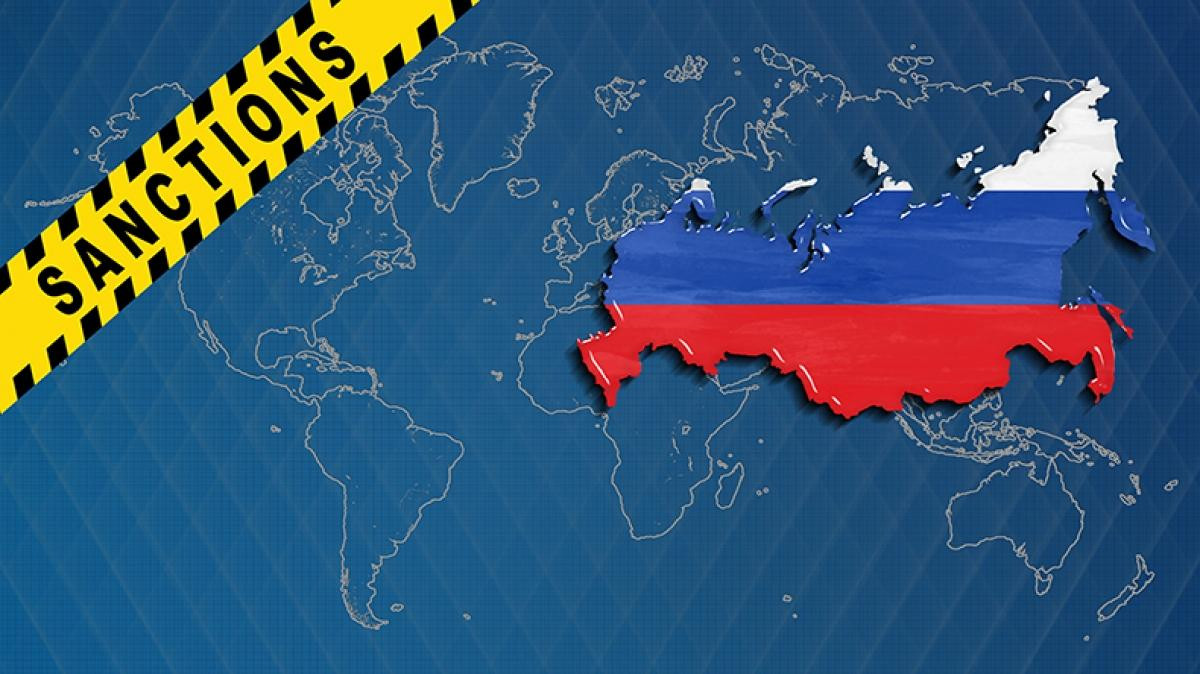 |
| Photo illustration: Alamy Stock |
Take the Russian oil boycott. The US has not bought a drop of oil from Russia since the war in Ukraine broke out, and with the exception of Hungary, all EU countries want to stop importing Russian oil by the end of the year. However, the sanctions have had little impact because China is buying more Russian oil than ever before, and at prices 30% lower than the world market price.
The US wants to close this gap and has therefore proposed a price cap on Russian oil. Washington hopes this will have two effects. Russia’s revenues have recently increased due to the sharp rise in oil and gas prices, despite Western sanctions. A price cap would prevent that. In addition, with inflation rising, the price cap would limit the negative impact on third-party markets and consumers around the world. However, the same principle applies here: a price cap on Russian oil would only be effective if China also participated. Western countries are therefore looking for ways to approach Beijing.
The US is also leading a ban on Russian gold imports. Russia is one of the world’s largest gold producers. The ban could cost Russia billions of dollars in lost revenue. Europe would also cooperate with the US on the ban. The only problem is that the West buys only a tiny amount of Russian gold. The big buyers are China and India. The same principle applies again: If Beijing doesn’t cooperate, nothing will happen.
The West is divided on how to deal with China.
Two examples from the Elmau Castle Summit in Bavaria, Germany, show how dependent Western actions are on China. However, Western countries do not have the same view on relations with China.
On one side, Britain, Canada and the United States have long seen China as their biggest rival, rather than Russia. From the US government's perspective, China poses a greater threat economically, technologically and militarily.
In fact, China is also making efforts to respond to the West. On the surface, Chinese President Xi Jinping is trying to avoid declaring support for Russia, which is evident from his unwillingness to face the expansion of sanctions from the West.
However, President Xi Jinping also took the opportunity to criticize the West during the online BRICS (Brazil, Russia, India, China and South Africa) Summit that he chaired shortly before the G7 Summit. More importantly, the Chinese leader did not have any words of criticism for President Putin.
However, that has not stopped France and Germany from softening their stance on China. The German government in particular is keen to avoid an overly confrontational approach for fear of jeopardizing its good economic relationship with China, which Germany has deeper economic ties with than any other Western industrialized country.
At the G7 Summit, the German government called for a more conciliatory approach to China. It believed that it was crucial to prevent the formation of blocs with the West on one side and Russia and China on the other. After all, Western countries still need China to deal with other global problems such as the Covid-19 pandemic and climate change. A year earlier, at the same G7 Summit, the UK and the US had called on Germany and other countries to decide which side they wanted to side with in the future. However, Germany only announced that it was currently reviewing its national strategy towards China.
The issue of relations with China was not a blow to the G7 Summit, as the parties involved seemed reluctant to spoil the idyllic atmosphere of the Bavarian town of Elmau, but the delay in addressing the issue did not mean it would be cancelled. Instead, the issue of dealing with China was raised at the NATO Summit in Madrid. At the request of the US, NATO also invited Australia, New Zealand, South Korea and Japan to Madrid - countries that share concerns about Beijing.
NATO's joint statement showed no restraint or limitations. The new strategy document adopted by member states in Madrid devoted a whole paragraph to China.
“China’s stated objectives and coercive policies pose challenges to our interests, security, and values,” the document said, adding that China’s close relationship with Russia ran counter to Western interests. In an earlier version of the document, the US and UK wanted to call China a “risk” or even a “danger,” but Germany and France objected. So the language has been adjusted to be more appropriate.
China immediately reacted to the document. Chinese Foreign Ministry spokesman Zhao Lijian said that the NATO strategy document disregarded the facts and was "vague and deceitful." Mr. Zhao Lijian said that calling China a "threat" would lead nowhere.
Mr. Wang Lutong - Director General of the European Affairs Department of the Chinese Foreign Ministry also affirmed that China does not pose a challenge to any country, and at the same time called on NATO not to seek to incite a new Cold War:
“China is very far away from NATO, how can we affect NATO security? We call on NATO to view China's development objectively and rationally, base any determination of China on facts, and not use China as an excuse to provoke a new Cold War and create confrontation.”
Is the West ready to deal with China?
One initiative that has gained broad consensus among Western countries is an investment program for developing countries called the “Global Infrastructure Partnership” that is seen as a rival to the Belt and Road project that Beijing launched in 2013.
"Together with our G7 partners, we aim to mobilize $600 billion by 2027," President Joe Biden announced. The US also plans to mobilize $200 billion in public and private capital for this cooperation over the next five years. European Commission President Ursula von der Leyen announced that Europe will contribute $300 billion. Japan - a G7 country - also pledged to contribute $68 billion.
Although many countries using Chinese project funding are gradually realizing that their debts are increasing and they are at risk of not being able to repay their debts, Chinese projects have terms that attract many countries to participate.
The G7 also has organizational problems. While China’s new Silk Road Initiative is largely controlled by Beijing, the G7 lacks the unity that German Chancellor Olaf Scholz claimed in Elmau. This is because the group does not have the same views on the management of large infrastructure projects and their origins.
It is also unclear whether the G7 countries are ready to mobilize billions of euros, as most of them are skeptical about this possibility. Previously, the G7 pledged not only to adjust the total budget for development and fighting global poverty but also to support poor countries to transition to decarbonization. But these commitments have never been implemented./.


